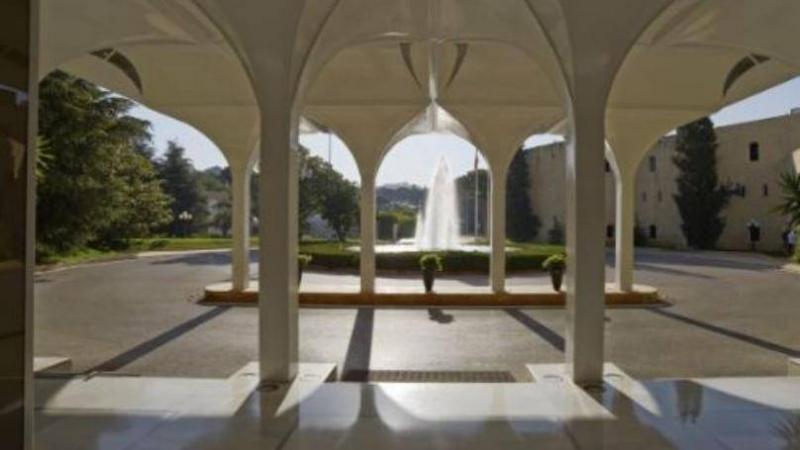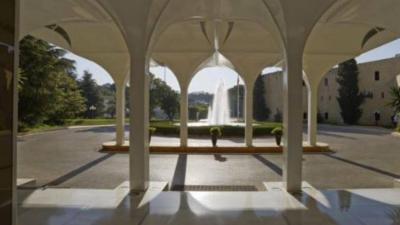As the legislative council transforms into an electing body, remaining in a state of continuous session during the last ten days of the presidency, and before entering the inevitable presidential vacuum, political forces and parliamentary blocs remain steadfast in their positions regarding the electoral process. The ruling team calls for a consensus president, while the opposition continues to insist on nominating one of their own, MP Michel Moawad, amid talks of possibly unveiling another candidate at the right moment. It is clear at this point that the name of the future president remains under wraps and will not be revealed through alliances, elections, or gathering votes. The framework established for the presidential election prior to President Aoun's departure from the presidential palace is likely to keep the matter mired in vacuum, mirroring the obstructive scenario experienced during the election sessions and the mutual legislative accusations that follow, where each team considers itself victorious while internal and external agreements remain unclear.
Kamil Shmon, the head of the National Liberal Party and a member of the Strong Republic bloc, expects via "Al-Markaziya" that the presidential vacancy will extend beyond the new year and that the continuing obstruction practiced by the other side will persist until local and regional changes allow for their candidate to reach the presidential palace. He adds that he does not see much difference between forming a new government and maintaining the caretaker government, which has been typical in Lebanon, especially during this term. All of them have achieved little, contributing instead to wasting public funds and sharing the state's resources; otherwise, we would not be in our current situation.
Shmon expressed concern over the potential for increased security chaos if living conditions continue to deteriorate without intervention, especially as many families in remote and impoverished areas struggle to feed themselves and cannot afford even the minimal fees to send their children to public schools. He concluded by noting that the failure to implement the Taif Agreement has been the primary reason for the disorder within the state and its institutions, thus emphasizing the necessity to return to the text and law and to build institutions; otherwise, we will remain trapped in this cycle of decline and disintegration.




